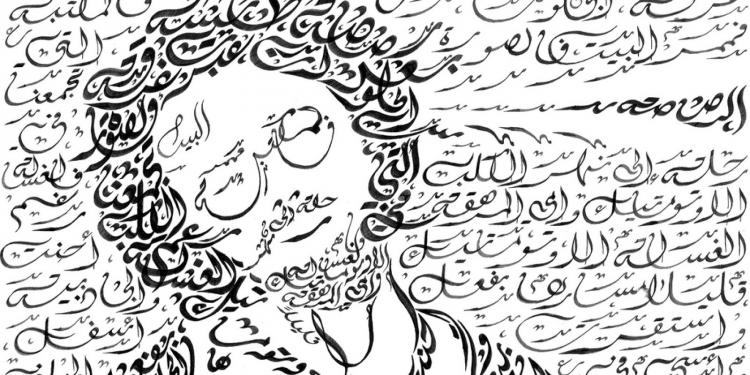‘A Place with No Army’: Guest Writer Mazen Maarouf interview in ‘The Reykjavik Grapevine’
Maarouf, a Palestinian poet and activist who grew up in Lebanon, arrived in Reykjavik safely last September. Maarouf spoke candidly with interviewer Kari Tulinius about art, freedom of expression, his own political past, and the dangerous yet critical role that activists play in repressive regimes. This article presents highlights from their discussion. Read the original piece
Maarouf on the creation of poetry:
“For me a poem is just a piece of freedom, just a tiny piece of freedom. I imagine freedom as a fabric that we all try to stitch a part of, or clean a part of it. I think that when we write a poem, regardless whether the poem is good or bad, it is something that makes us feel relaxed. It is a kind of treatment, like you are going to the hospital, and this hospital is established only for one hour and only for you. The only nurse in this hospital is you... I want to jump sometimes, when I write a poem and have conviction in what I wrote, I feel very happy. This sudden happiness is also confusing. You feel yourself losing your mind, but it is very good to lose your mind peacefully, without bad consequences. Poetry is the key to freedom for me.”
On the Lebanese response to those supporting a revolution in Syria:
“Many Lebanese parties support [Syria]. In Syria and Lebanon there are also intelligence agents. The security net in Lebanon has many holes and you can easily fall through, or they push you. You feel yourself trapped. You are followed and you get messages. They were annoyed because they do not expect a Palestinian to say these things. They expect that you shut your mouth and blindly follow them.”
On why he continues his political activism now:
“Maybe it is stupid to believe in humanity. Human beings prove all the time that they are violent creatures. Earth has not been at peace for one moment. Still it feels very beautiful to be linked to this sense of humanity, to the dream of humanity and the hope. Human beings are calling for their rights and you want to support them. The Syrian cause is a universal cause. It is important to me to be in alliance with those people. For me that is the least that I can do as a writer or a journalist.”
On his parents‘ reaction to Maarouf‘s description of Icelandic society:
“I told them that the country does not have an army. For my father and mother, who lived all their lives seeing guns in the streets and armed people and wars and bullets, it sounds very different and shocking to them, in a good way, when they hear that their son is in a place with no army.”
Latest news
-
23.04.24
-
18.04.24
-
04.04.24
-
26.03.24
-
21.03.24







